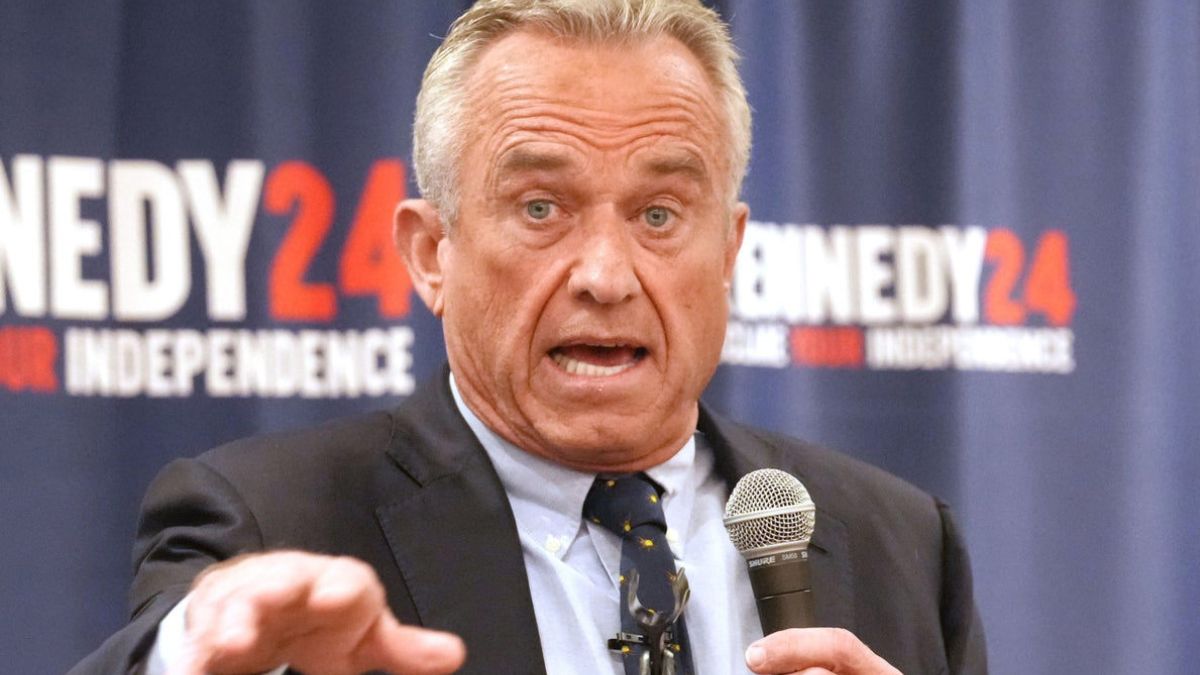Robert F. Kennedy Jr., a prominent environmental activist and 2024 presidential candidate, recently made headlines with his comments about former President Donald Trump, stating that Trump has “changed as a person” and is now more “focused on his legacy.” Kennedy’s remarks offer a glimpse into how some view Trump’s evolution since leaving the White House, particularly as he considers another potential run for the presidency.
Kennedy, who has historically positioned himself as a critic of Trump’s environmental policies, surprised many with his nuanced take on the former president. Speaking in a recent interview, Kennedy suggested that Trump’s experiences during and after his presidency have led to a significant personal transformation. According to Kennedy, Trump is now less concerned with the combative rhetoric that defined much of his time in office and is instead placing greater emphasis on how he will be remembered by history.
“He’s changed as a person,” Kennedy observed, noting that Trump’s focus appears to have shifted from the immediate political battles that characterized his administration to a broader consideration of his long-term legacy. “He’s thinking about how he’ll be remembered, about the kind of impact he wants to leave,” Kennedy added.
This perspective comes at a time when Trump is actively involved in shaping the Republican Party’s future and is widely expected to run for president again in 2024. His recent public appearances and statements have reflected a mix of the old fiery rhetoric and a new emphasis on policy achievements and legacy-building, suggesting that Trump is aware of the historical weight of his decisions and actions.
Kennedy’s comments have sparked discussions among political analysts, who are divided on whether Trump’s apparent focus on his legacy represents a genuine shift in character or a strategic rebranding effort. Some argue that Trump’s recent actions, including his endorsements of certain candidates and his efforts to influence GOP policy, indicate a more calculated approach aimed at securing his place in history. Others, however, remain skeptical, viewing any changes in Trump’s demeanour as temporary or superficial, driven by the demands of his potential 2024 campaign.
Kennedy’s assessment of Trump also highlights the evolving nature of American political discourse, where former adversaries can acknowledge each other’s growth or changes in perspective. Whether or not this shift in Trump’s focus will resonate with voters remains to be seen, particularly as the 2024 election approaches.


